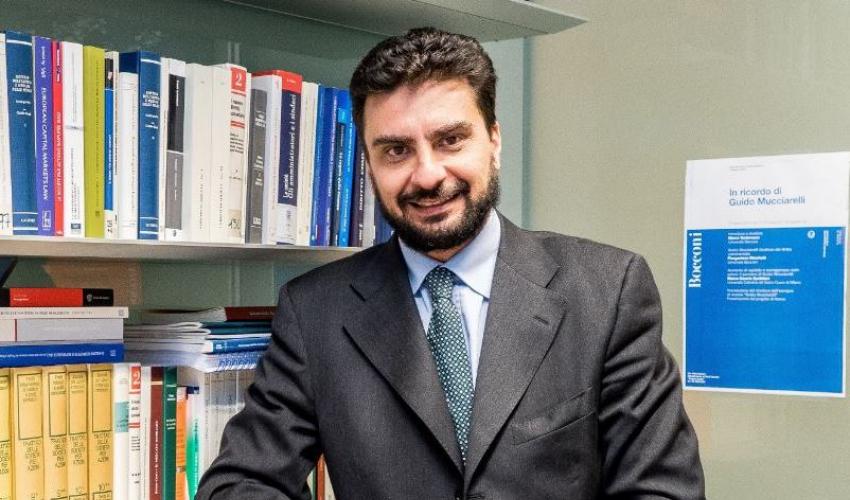
After Brexit, a Big Freeze for the City
CHANCES OF NEGATIVE CONSEQUENCES FOR THE CITY AND BRITISH FINANCE, ALTHOUGH NOT YET CLEARLY DEFINED BECAUSE OF THE UNCERTAINTY SURROUNDING THE TERMS THAT WILL REGULATE EUUK RELATIONS IN THE FUTURE, INCREASINGLY APPEAR NUMEROUS AND PROBABLEby Marco Ventoruzzo, Dept. of Legal Studies, Bocconi
Translated by Alex Foti
For those familiar with the financial industry, the deregulation of the London Stock Exchange decreed by Margaret Thatcher in 1986 is known as the Big Bang, named after the primordial explosion which astrophysicists say gave rise to the universe. It was critical to the success of London as a financial center in the subsequent three decades. To borrow another term from astronomy, one can wonder whether Brexit will turn out to be the Big Freeze of British finance, according to the cosmological theory based on thermodynamics which says that, as celestial bodies drift farther and farther away from each other, the universe will ultimately end in “heat death”.
Answering this question with precision is impossible, not knowing yet what template will govern future UK-EU relations. The news suggest a number of possible solutions, from the Norwegian model of access to the Single Market to the Swiss one, from the Canadian model to yet others, as British political leaders are hinting, designed ad hoc for them. However, we can venture some hypotheses, and none of them appears comforting for the City (which, not coincidentally, strongly voted Remain).
For starters, uncertainty about the future, which is likely to last years, is in itself a bad thing. Finance abhors legal instability, because it doesn't allow to properly assess risk and return on investment. Second, however you see it, it is very likely that London will lose some or all of the advantages it has enjoyed so far as a European financial marketplace.
This means first of all that the City will lose its EU passport and mutual recognition status. Simply put, a financial actor whose operations are authorized in any one member state can provide services in all other EU states without additional administrative costs; also, a financial prospectus for offering securities which is approved by one country is also valid in all others. Without these advantages, London becomes less attractive as a platform for access to European markets. High barriers also arise, for example, for the lucrative and important activity of clearing houses: the ECB could exclude British houses as non-EU residents; the same applies to rating agencies subject to direct supervision by the ESMA, whose ratings have a different legal effect if the agencies are not located in the Union. For these reasons, many international banks and brokers could move their activities to the Continent.
Brexit will also make more difficult the recognition and enforcement of rulings by UK courts in Europe (and vice-versa), and English common law less desirable to regulate financial contracts, in particular those concerning derivatives and bonds, now often subject to English law and courts. On this front, too, the UK could become less attractive and relevant as a financial marketplace.
Finally, the British lose the leadership role they have had in drafting EU legislation concerning financial markets, where European directives and regulations often transposed City practices. Not only that, the Brits will also lose all the EU supervisory authorities that are presently based in London, and particularly the all-important European Banking Authority, which will have to move to Southern shores.
Those who placed their bets on Brexit could argue that the City, released from EU constraints, will become more competitive, but it's hard to see how other European countries will let it grow into a financial haven with flexible tax rules, while maintaining easy access to the wealthy continental markets. In fact, Brexit also provides an opportunity for other European financial centers to strengthen their appeal, and from this perspective Milan has a unique opportunity; for instance, it could well be chosen to host the new headquarters of the European Banking Authority.
